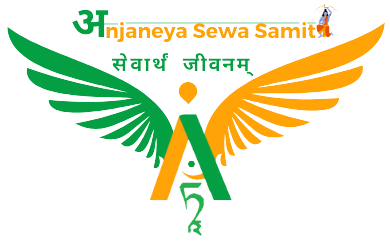
Feeding India: How Food NGOs Support India’s Fight Against Hunger?
Hunger and malnutrition remain serious issues in India, despite the country’s rapid economic growth in recent decades. According to a report by the Food and Agriculture Organization (FAO), India has the highest number of undernourished people in the world, with 224.3 million people suffering from undernourishment in 2022. This problem is exacerbated by a lack of access to food, poverty, and food waste. Hunger and malnutrition continue to plague large parts of the population, particularly in rural areas, where access to food can be limited. Fortunately, food NGOs in India have been working tirelessly to combat this issue, and their efforts have played a critical role in the country’s fight against hunger.
According to the Global Hunger Index (GHI), India ranks 107 out of 121 countries in terms of hunger, with a score of 29.1. This score indicates that India is experiencing a “serious” level of hunger. Despite progress made in recent years, there is still a long way to go to ensure that every Indian has access to sufficient and nutritious food.
One of the key ways in which food NGOs in India support the fight against hunger is through the distribution of food. Many NGOs operate food banks, which collect and store food donations from individuals, businesses, and other organizations. This food is then distributed to needy people through various channels, such as soup kitchens, food pantries, and mobile food trucks.
In addition to food distribution, many food NGOs in India also work to increase access to nutritious food. This is particularly important for vulnerable populations such as children and the elderly, who may not have access to the types of foods they need to stay healthy. NGOs often provide education on nutrition and healthy eating habits, as well as food vouchers or coupons that can be redeemed for nutritious foods.
Another way in which food NGOs in India are making a difference is by addressing the root causes of food insecurity. Poverty, lack of education, and inadequate infrastructure are just a few of the factors that contribute to hunger in India. Many food NGOs are working to address these underlying issues by providing education and training opportunities, advocating for policy changes, and promoting economic development in underserved communities.
Food NGOs have also played a crucial role in supporting the implementation of the Mid Day Meal Scheme. Many food NGOs partner with schools to provide nutritious meals to children and help bridge the gap between the demand and supply of food. These organizations also work to ensure that the food provided is of good quality, hygienic, and meets the nutritional requirements of children.
Anjaneya Sewa Samiti is another food NGO that serves mid-day meals to children in schools. The organization was founded in 2004 and serves over 12 lakh meals daily. Annamrita’s meals are prepared in hygienic kitchens and are served hot to children in government schools. The organization also provides food to patients in hospitals and to disaster-affected communities.
The impact of food NGOs in India is significant. In addition to providing food and nutrition to those in need, these organizations are also helping to build stronger communities and promote social justice. By working together with local organizations and community groups, food NGOs are making a difference in the lives of millions of people across India.

 अnjaneya Sewa Samiti
अnjaneya Sewa Samiti